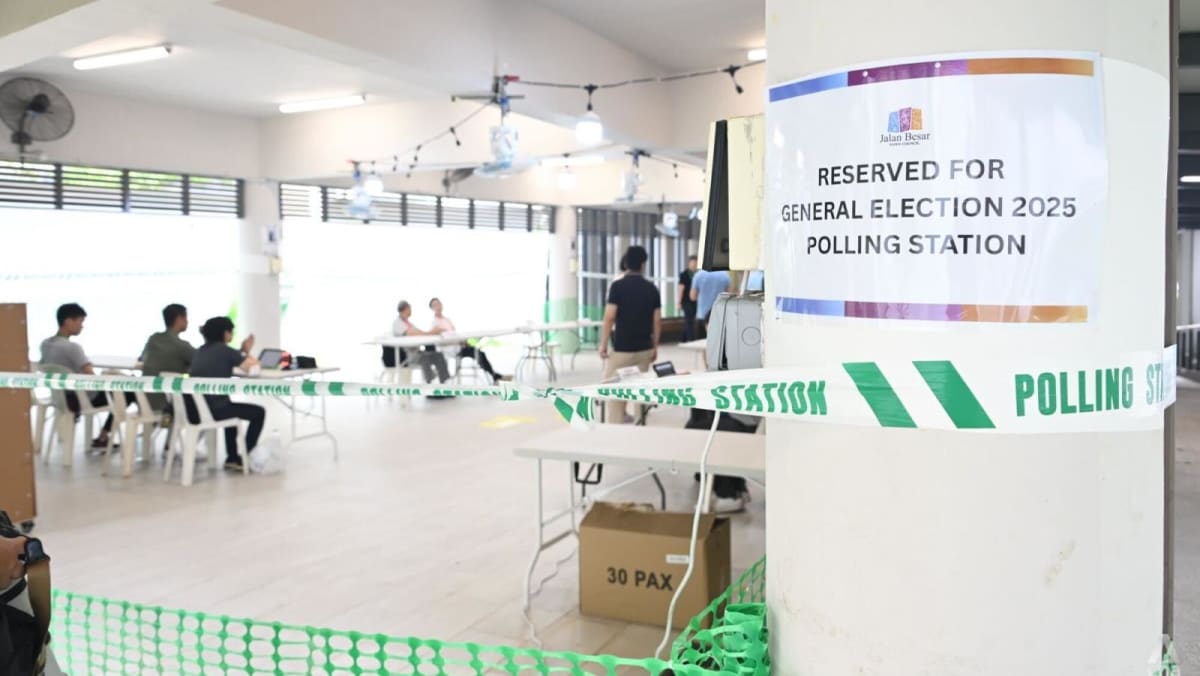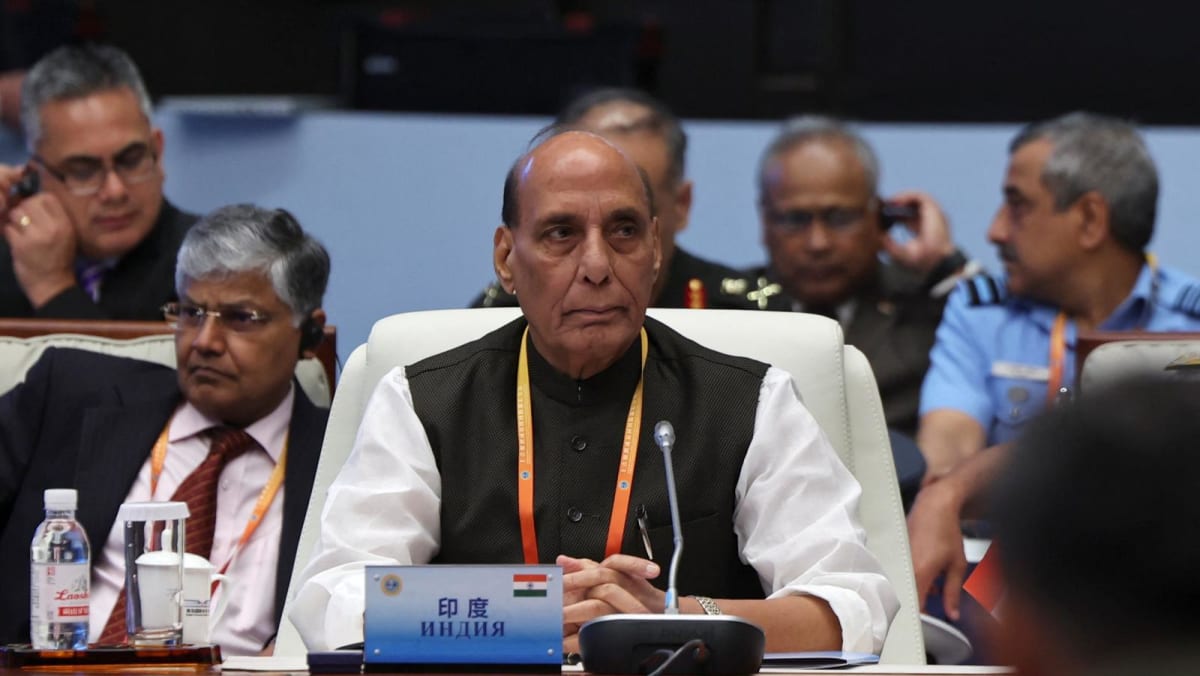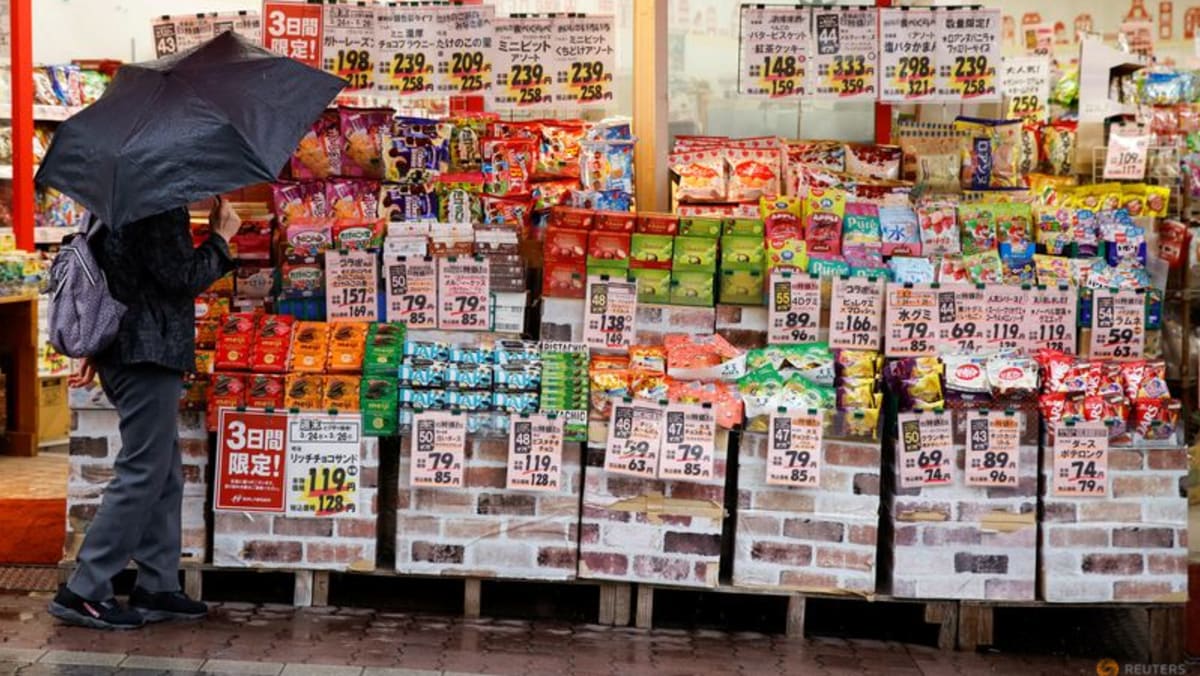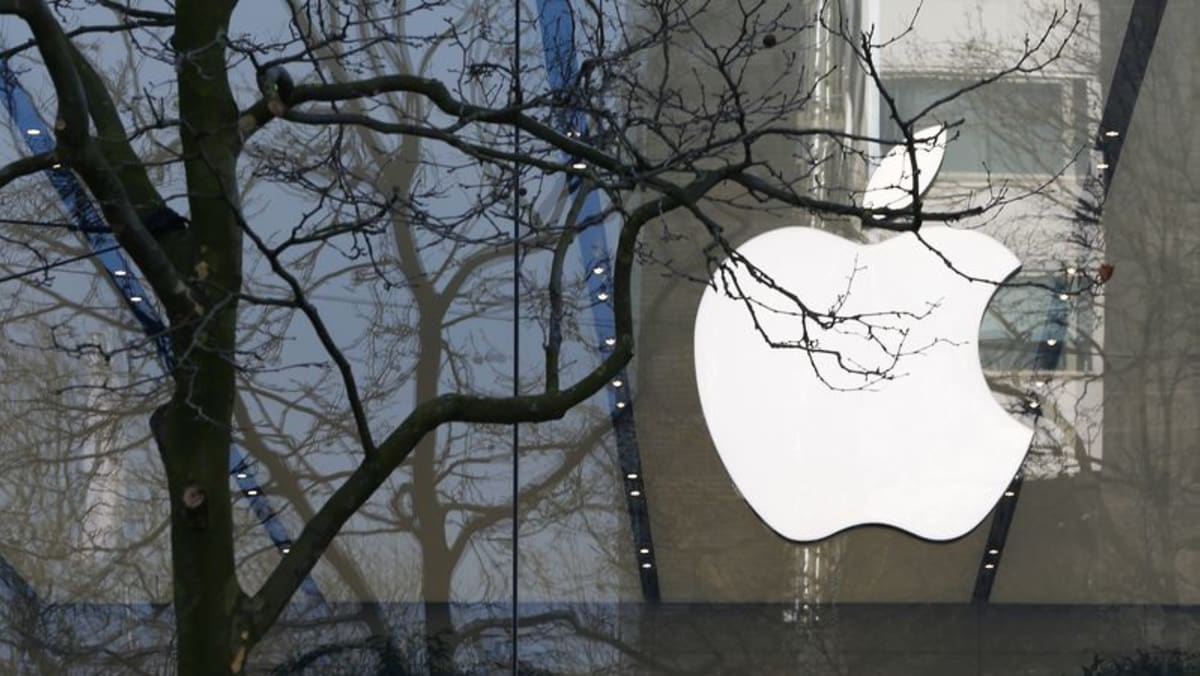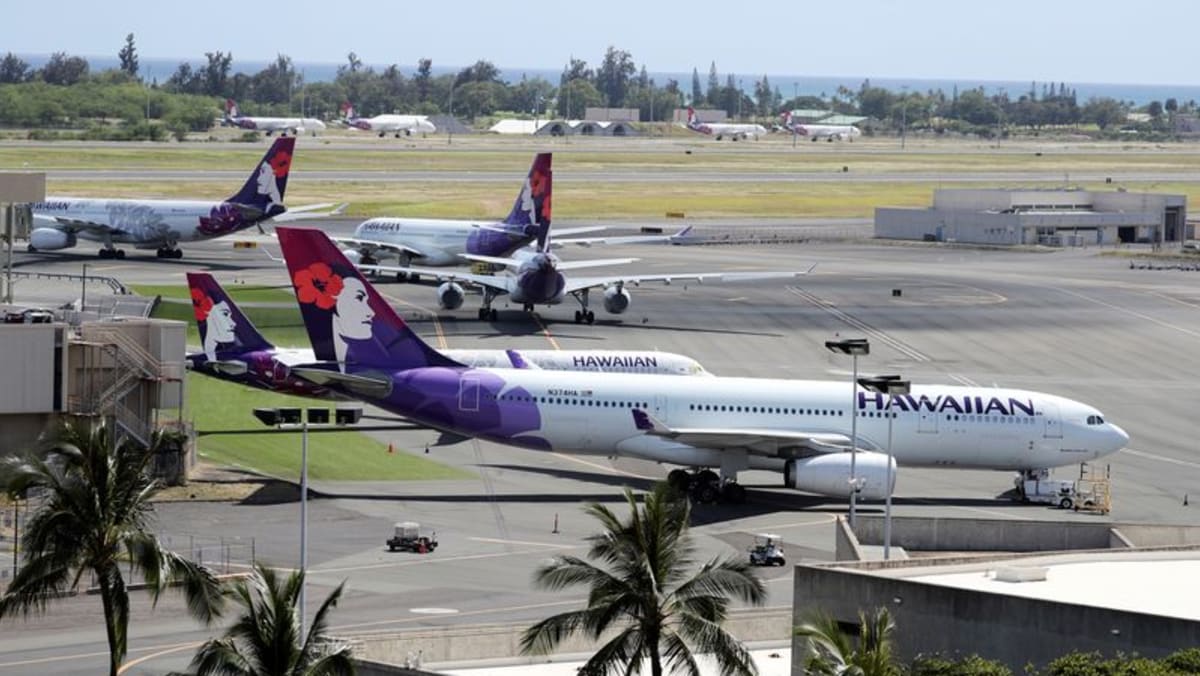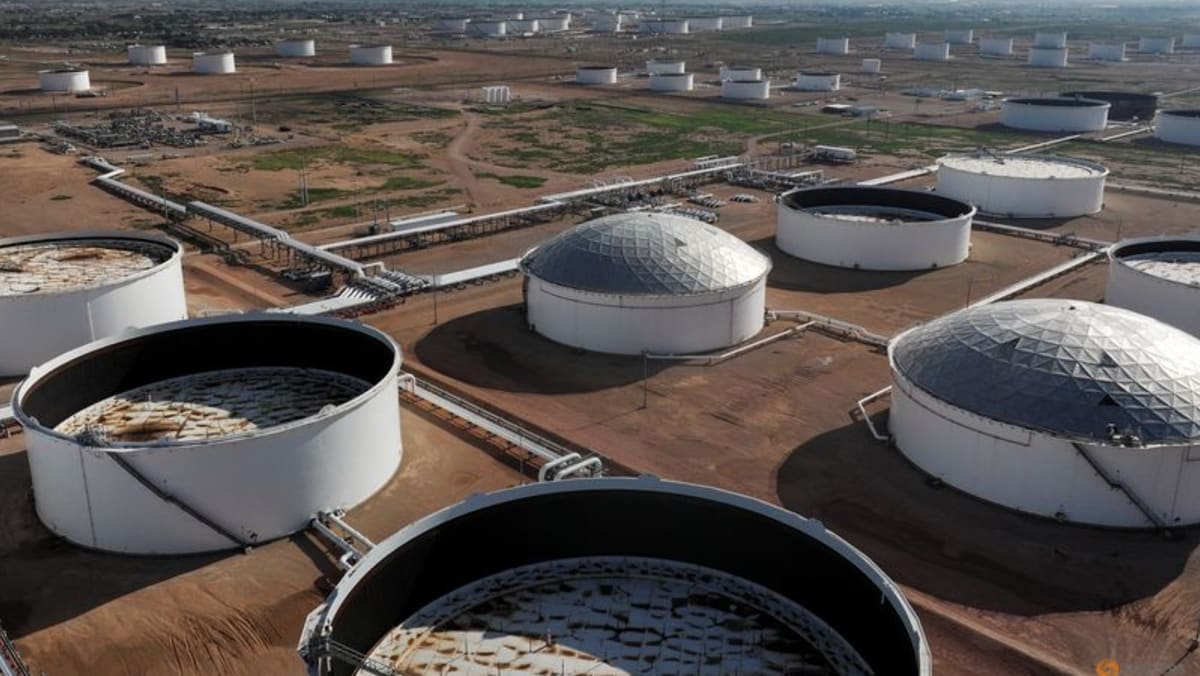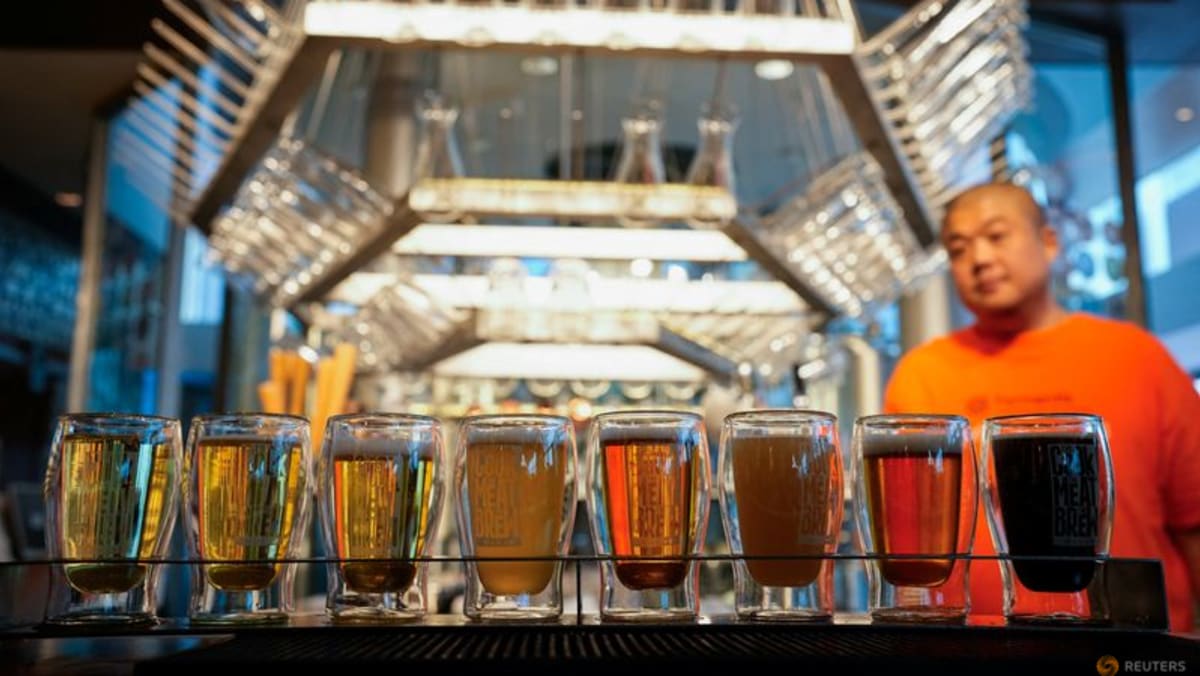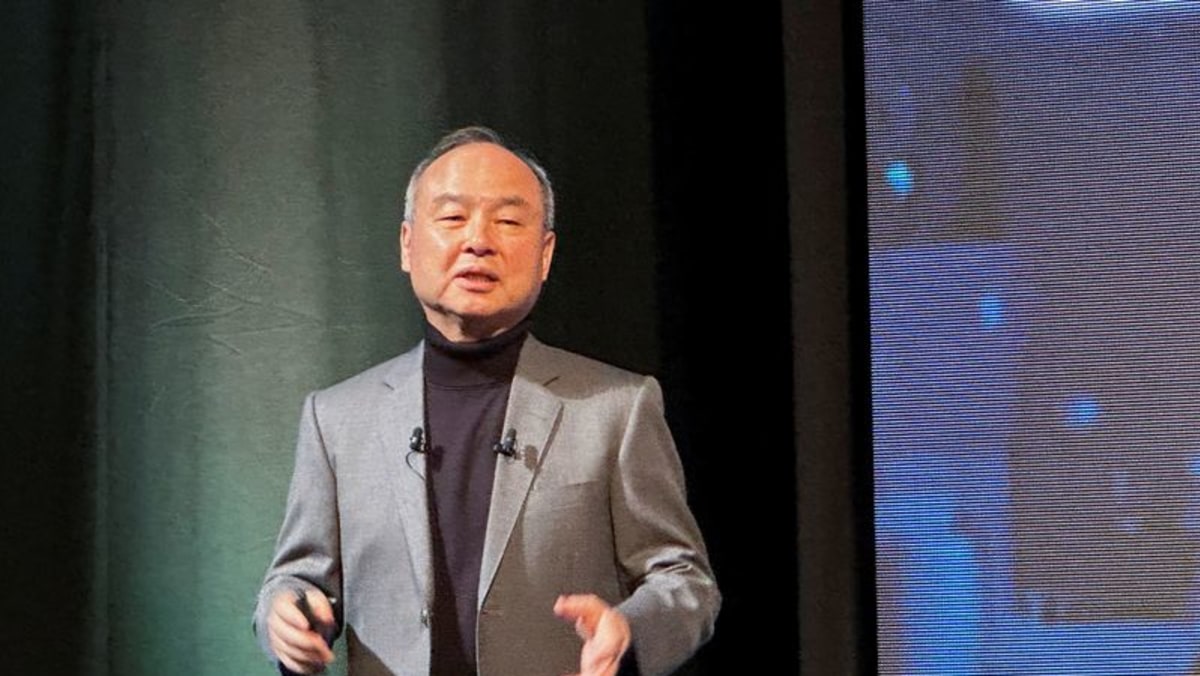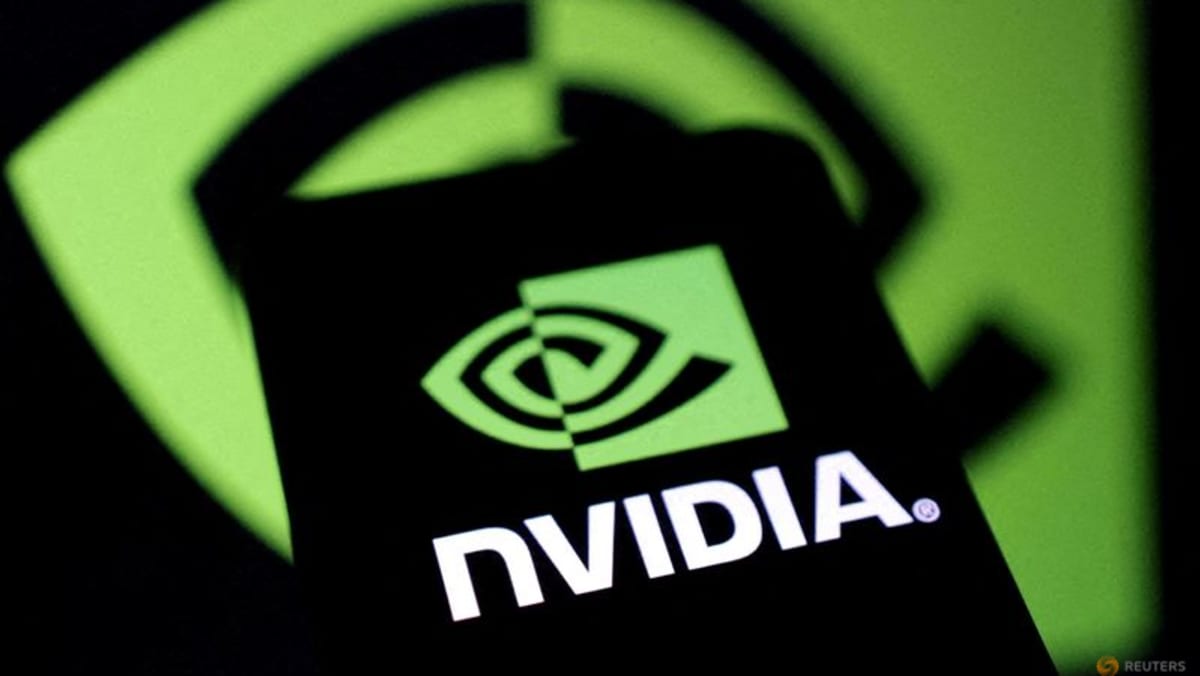TOKYO: Core consumer inflation in Japan’s capital slowed sharply in June due to temporary cuts to utility bills but stayed well above the central bank’s 2 per cent target, keeping alive market expectations for further interest rate hikes.
Steady rises in services prices added to continued increases in the cost of food including Japan’s staple rice, data showed on Friday (Jun 27), highlighting broadening price pressures piling on an export-reliant economy facing headwinds from steep US tariffs.
The data will be among factors the Bank of Japan will scrutinise at its next rate review on Jul 30-31, when the board will issue fresh quarterly growth and price forecasts.
The Tokyo consumer price index (CPI), which excludes volatile fresh food costs, rose 3.1 per cent in June from a year earlier, government data showed, below a median market forecast for a 3.3 per cent gain.
It slowed from a 3.6 per cent rise in May due largely to the resumption of fuel subsidies and temporary cuts to water charges in Tokyo aimed at helping households weather the summer heat.
A separate index for Tokyo that strips away both fresh food and fuel costs – closely watched by the BOJ as a measure of domestic demand-driven prices – rose 3.1 per cent in June from a year earlier after a 3.3 per cent gain in May, the data showed.
“The slowdown in headline inflation in Tokyo in June partly reflects the resumption of energy subsidies,” said Marcel Thieliant, head of Asia-Pacific at Capital Economics.
“With underlying inflation still running well ahead of the Bank of Japan’s forecasts, we still expect the Bank to hike rates in October,” he said.
The price of food, excluding volatile items like vegetables, rose 7.2 per cent in June from a year earlier, accelerating from the previous month’s 6.9 per cent gain.
Highlighting the hit to households, the data showed those in Tokyo paid 89 per cent more for rice compared with a year ago, 48 per cent more for a bar of chocolate and 50 per cent more for a bag of coffee beans.
Service-sector inflation stood at 2.1 per cent in June after hitting 2.2 per cent in the previous month.
The BOJ exited a decade-long, radical stimulus programme last year and raised short-term interest rates to 0.5 per cent in January on the view Japan was on the cusp of sustainably hitting its 2 per cent inflation target.
While the central bank has signalled readiness to raise rates further, the economic impact of higher US tariffs forced it to cut its growth forecasts in May and complicated decisions around the timing of the next rate increase.
Further muddling the policy outlook, consumer inflation has exceeded the BOJ’s 2 per cent target for more than three years as companies continue to pass on rising raw material costs.
The rising cost of living has drawn the attention of some BOJ board members including Naoki Tamura, who said on Wednesday the BOJ may need to raise interest rates “decisively” if upward inflation risks heighten.
